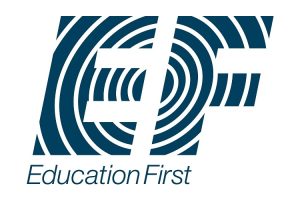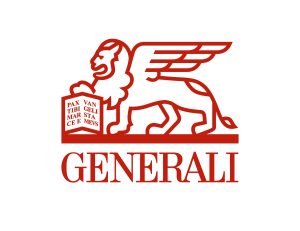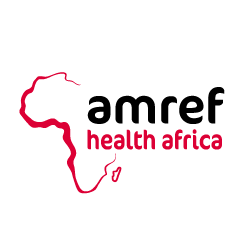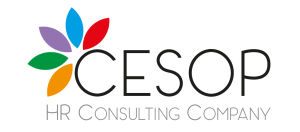People’s development plans can no longer be something predefined and standard, valid for demographic “clusters” in the company, but must increasingly become personal and tailor-made experiences. There are four main areas of evolution for development plans:
1) Use a holistic approach
2) Understanding the context of the person
3) Capitalize opportunities
4) Focus on the strengthening of interpersonal skills
Use a holistic approach
In the past, those who took care of the development plans followed a linear strategy approach, given that the internal and external context of the company was aligned. People found the same opportunities and security in any company, without a real bidding competition. In the most complex current world all these certainties have disappeared and therefore the personal-emotional aspect has become integral to every development plan. This approach is necessarily holistic as the uncertainties that exist at work are reflected in our personal environments, creating an emotional gap, which makes it more difficult for people to focus on their own development and be more productive.
This new approach brings a radical change in the approach of HR in supporting people: development plans must become “self-development” plans. This change in approach requires HR to provide people in development plans with skills to help them manage ambiguity, develop resilience and adaptability and a proactive attitude.
Understanding the context of the person
The development plans must be approached as a counseling or mentoring, with the HR considering all the human factors of the person covered by the plan.
In today’s world, people struggle to balance their work goals with personal and extra-work goals. Each person will then have a personal vision of what could be their own development, which is why HR must broaden their point of view and be able to give an effective response. The fundamental asset to consider is sustainability, critical for every person and dependent on their ability to openness, adaptability and resilience.
Capitalize opportunities
A key aspect of a holistic approach to development is that the HR must prepare to recognize and take advantage of randomness that can turn into opportunities. HR can do this in two ways: to promote an open-minded approach and to work on the mindset, moving from one of indecision to exploration. This will make it easier for people to seize opportunities when they appear and stimulate a mindset that is generally more curious, flexible, optimistic and open to risk.
The result of this approach will be to encourage people to seek their own self-development effectively. People who have not developed this mindset instead are more in need of help in their development and less in a comfort zone.
Focusing on the strengthening of interpersonal skills
In the development plans it is fundamental to work on the ability of people to relate, always with a view to personal reassurance and greater proactivity. The most relevant skills are those of Emotional Intelligence, which allow people to be more productive in any business context. The latter are the Relational ones, fundamental for building support networks that facilitate overcoming difficulties.


































